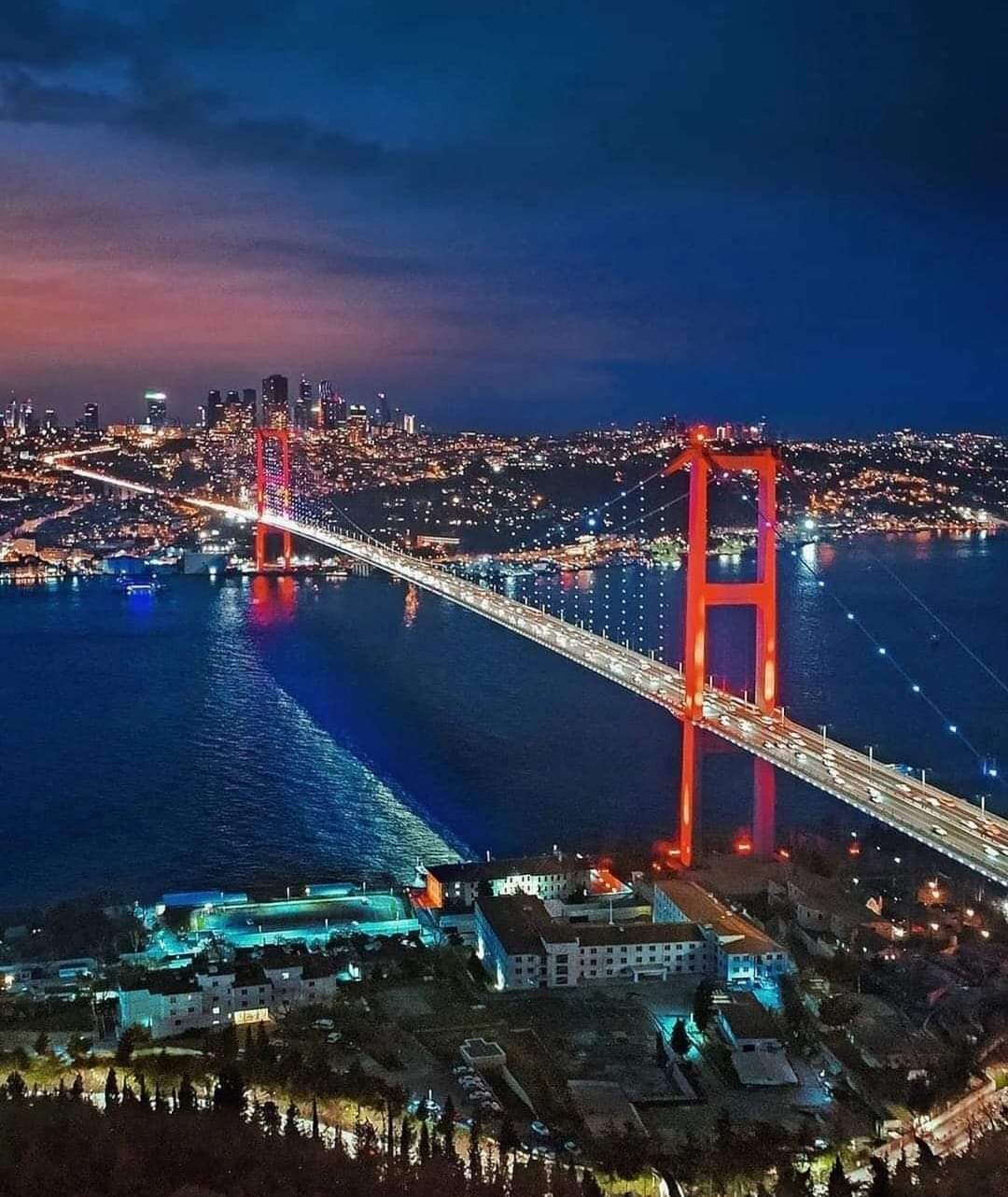Your Dream Tour, Perfectly Tailored
From the historic wonders of Istanbul to the breathtaking fairy chimneys of Cappadocia, explore Turkiye on your own terms. Every moment is tailored to your desires for an unforgettable journey.
Have an unforgettable trip
Custom Tours Designed for You
From the historic wonders of Istanbul to the breathtaking fairy chimneys of Cappadocia, explore Turkiye on your own terms. Every moment is tailored to your desires for an unforgettable journey.

Explore Turkiye your way with fully customized tours designed around your interests, pace, and travel style. Whether you seek ancient ruins, breathtaking landscapes, or cultural experiences, we craft the perfect itinerary for you. Enjoy seamless planning, expert guides, and unforgettable moments across Turkiye’s most stunning destinations.

Discover Turkiye’s rich history, natural wonders, and cultural treasures. From ancient ruins and stunning landscapes to lively bazaars and coastal escapes, we curate experiences that bring Turkiye’s most iconic sites to life. Explore at your own pace with expert guides and seamless planning.

Design your perfect trip with our tailored services, from luxury accommodations to unique cultural experiences. Whether you seek adventure, relaxation, or history, we customize every detail to match your interests. Let us craft a seamless and unforgettable journey through Turkiye.

Get world-class medical treatment in Turkiye while enjoying a stress-free travel experience. We handle everything from appointments to accommodations, ensuring your journey is smooth and comfortable. With top-tier hospitals, expert doctors, and affordable care, Turkiye is the ideal destination for medical tourism.
Subscribe to our newsletter to receive the latest travel information and exclusive offers.
